If an unseen God threatened to end the world if you didn’t sacrifice someone every year, would you do it? That’s the core concept of Strange Scaffold’s Life Eater.
Me? I wouldn’t. That sounds like way too much work with very little reward. You’d have to buy tarps, figure out what to do with the bodies, and get creative with establishing alibis. So much preparation, so much work, and for what? No one’s going to thank you. What’s in it for you? Continued existence doesn’t seem like much of a reward.
But that’s what video games are for. They allow us to live out situations that we are much to lazy to do in real life.

Life Eater (PC [Reviewed])
Developer: Strange Scaffold
Publisher: Strange Scaffold, Frosty Pop
Released: April 16, 2024
MSRP: $14.99
Life Eater has you appeasing the god Zimforth, who will end the world if you don’t do his bidding and sacrifice someone (or someones) every year. You play as a character whose name is deliberately obfuscated, and his sanity is questionable. Is he a tragic hero, a warped sadist, or just some guy who has a strange yearly ritual?
Your job is to abduct your targets, and as a bonus, you also need to perform a quiz-based ritual at the end of each level. You’re presented with the timeline of one week, and it’s up to you to uncover ever little detail you can about your target within a limited time.
Your target’s schedule is presented as a video editing timeline consisting of blocks of activity. You uncover each activity by performing one of three actions. Each action you take will cost time off the clock, but this amount changes each turn. Some blocks require you to take more invasive actions, which will also raise your suspicion meter. The challenge here is to uncover enough information to fulfill a threshold that will allow you to abduct the target.
This starts off simple, but before long, Life Eater starts requiring you to find your target amongst a small group of them. You need to dig into the details of all the subjects until you find the nugget of information that confirms who your target is. It means you have to learn as much about your target as possible and retain some of that knowledge so you know how best to sacrifice them.
That sounds like a pretty evocative experience that delves into the sanctity of privacy, but Life Eater’s gameplay is a bit too simple and distant for that. The timeline feature, and the fact that you don’t really see your targets aside from a shadowed depiction of them, doesn’t entirely connect you with what you’re uncovering.
Because of this, these people don’t seem like people. That might be a statement in itself, but what I mean is that it’s hard to see them as beings instead of just a puzzle. It doesn’t feel like there’s someone behind the blocks, so any impact that your task might have on you is dulled. You just find yourself pushing to meet the criteria, and the information you uncover is essentially meaningless.

It’s further dulled by the fact that, while there are some random elements of each chapter, failing will grant you foresight. If you discover that one of your subjects isn’t the target you’re searching for, on a repeat playthrough, it’s easy to identify them again. If there is one moment on the timeline you’re seeking, it will always be on that same time and day. You’re probably going to fail at some point because the instructions aren’t always clear, and experimentation is necessary.
The story that overlaps everything doesn’t really make up for this. It’s mainly about the player character interacting with someone they took captive for reasons aside from sacrifice. It’s a decent story that does a good job of delving into the complicated situation the main character finds themselves in, but since it doesn’t do much worldbuilding, it’s harder to care about the world or the people who inhabit it.
The gameplay itself feels somewhat shallow. Or rather, it feels like it doesn’t quite achieve everything it set out to. It seems like there should be more random generation here, but aside from characters and their hair color, I never really saw it manifest. Gameplay often falls to clicking on tiles, finding the actions that take 0.5 hours, and emptying your suspicion gauge when it gets full.
It’s short, and despite its incredibly novel concept, it feels extremely routine.

There’s an endless mode that is coming shortly after launch (I’m told about three weeks), but I don’t think that will address my complaints. The main core narrative needed to be more impactful, but it misses the mark.
Life Eater feels like an experiment that neither fizzled nor exploded. All the parts are there, but they don’t fit together quite right. Something is missing, and before that something was located, it was released into the wild as-is. Because it can’t find its effectiveness, the central concept that should be so compelling and disturbing is just kind of fluffy. If an apathetic detachment from ritual sacrifice was what Life Eater was aiming for, then it nailed it. Unfortunately.
[This review is based on a retail build of the game provided by the publisher.]

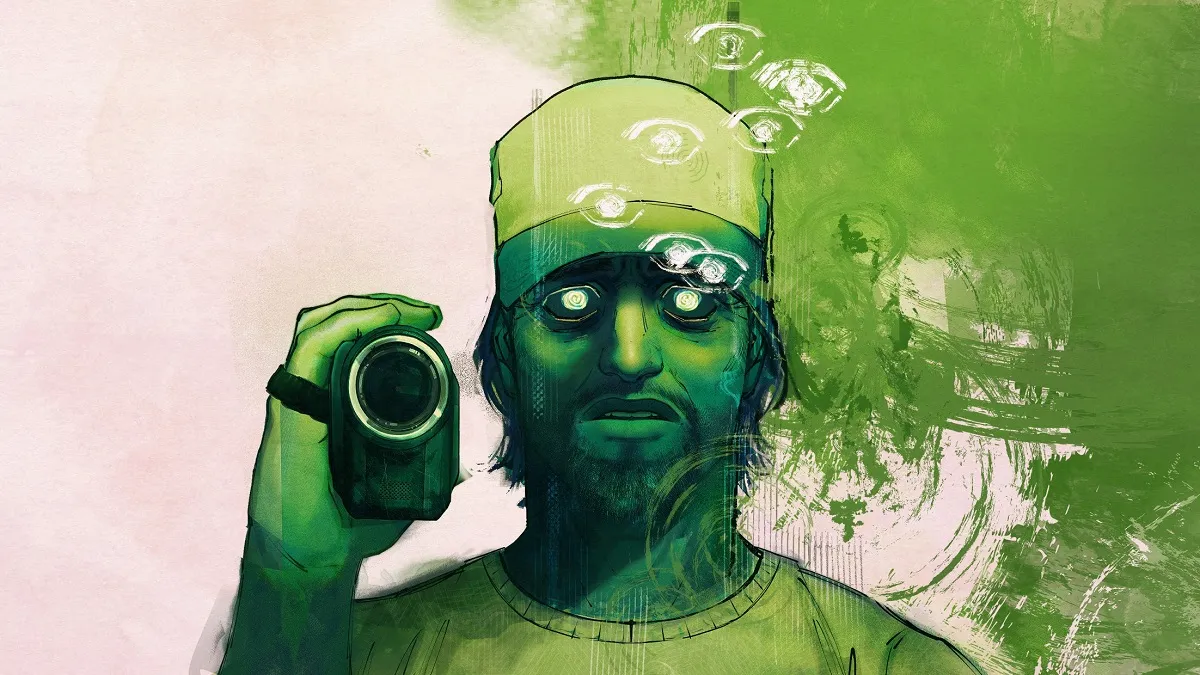


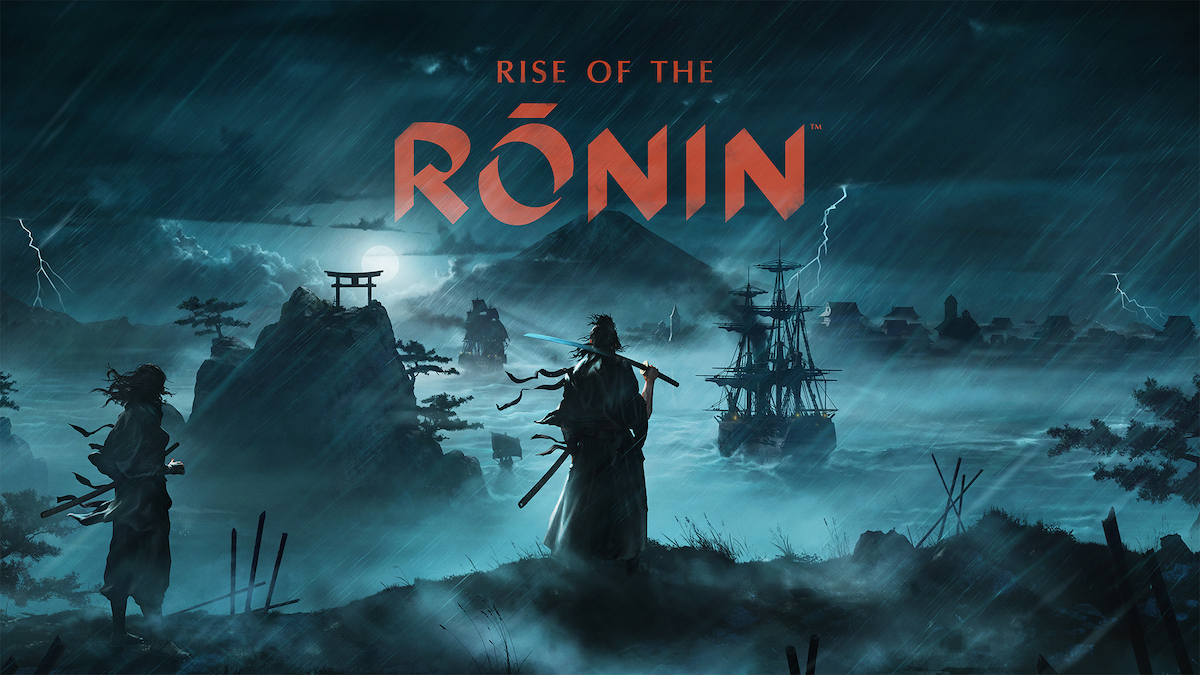
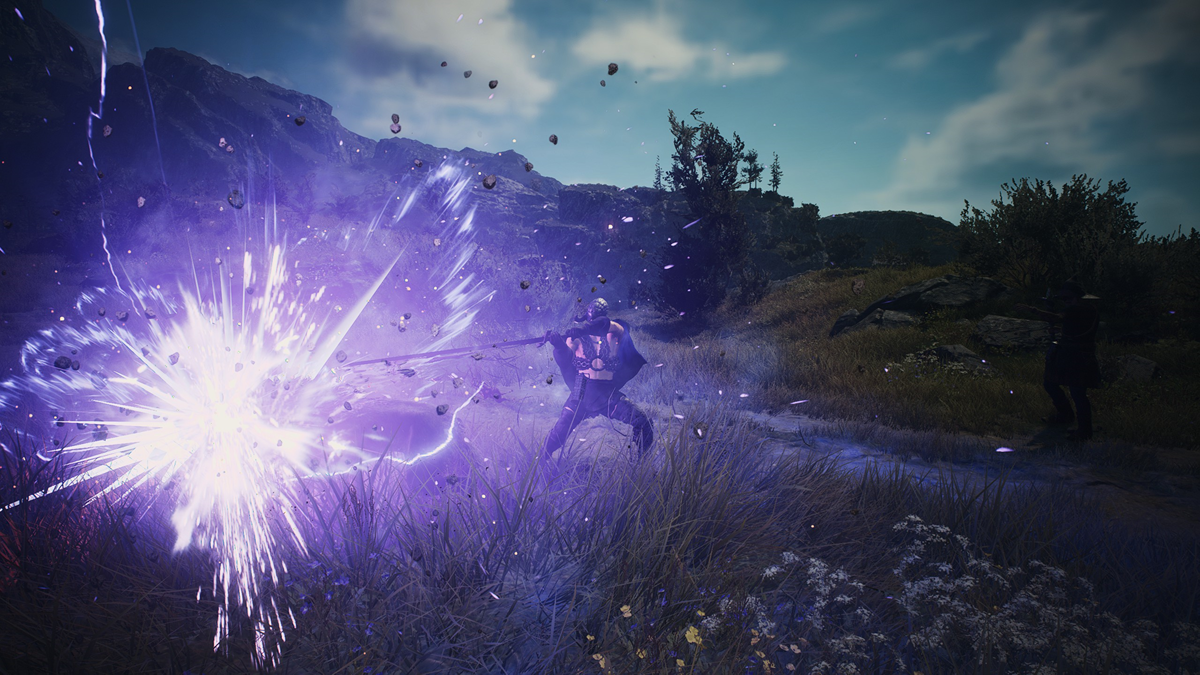


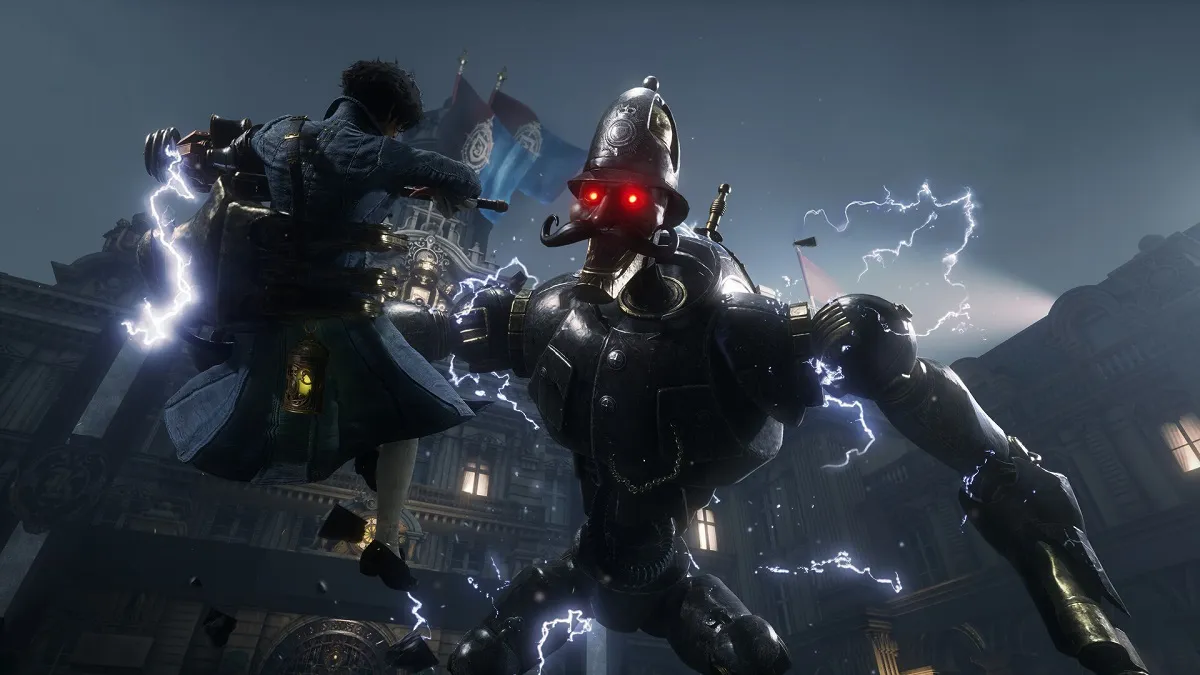
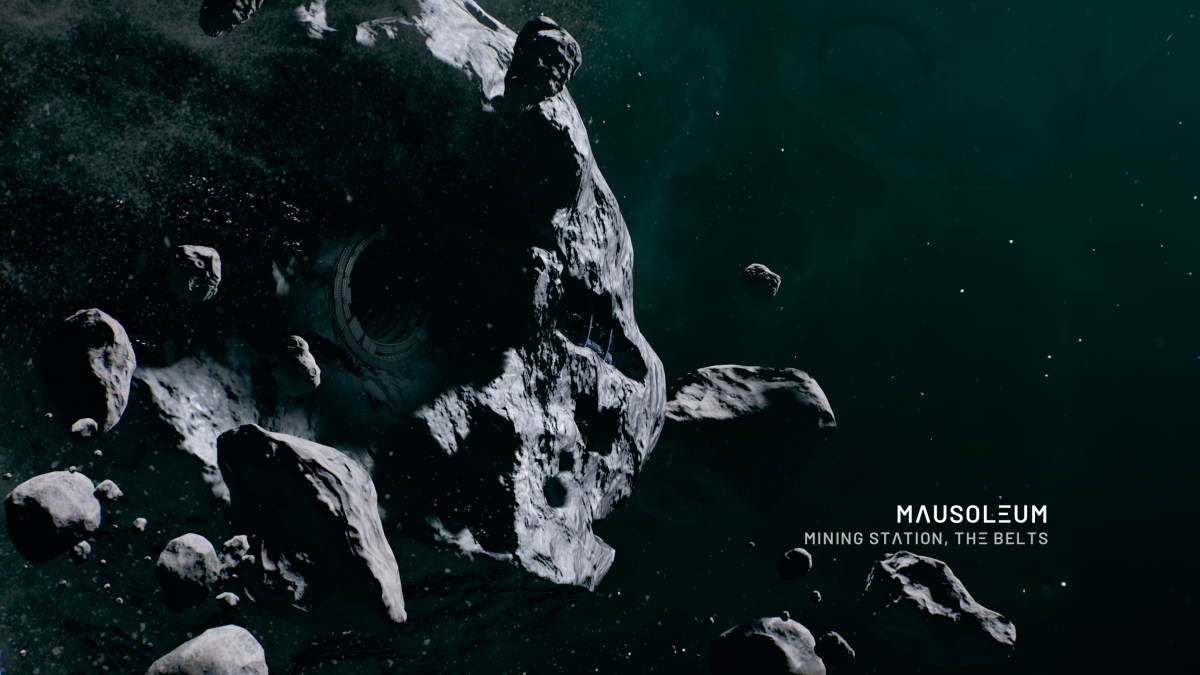




Published: Apr 16, 2024 4:33 PM UTC